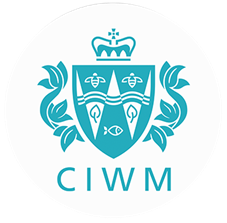
Schools, nurseries, colleges and universities face challenges in managing waste efficiently, especially when dealing with large populations of students and staff. Educators must balance budget constraints with the need to reduce their environmental impact, all while engaging students and staff in sustainable practices. With pressure to meet recycling and sustainability targets, educational facilities also need to find innovative ways to manage waste that align with their teaching and operational values. We offer educational facilities waste management solutions that support sustainability, streamline operations and encourage environmental responsibility.
Waste Types
Schools, colleges and universities produce general waste, including non-recyclable packaging, stationery waste and food wrappers. Regular general waste collections are essential for efficient waste management.
Educational institutions should encourage recycling by implementing DMR services to handle paper, cardboard, plastic bottles and metal cans generated by students and staff.
Cafeterias and food services in schools and universities produce organic waste that should be managed through a dedicated food waste collection service, ensuring organic waste is recycled.
Schools and universities deal with confidential documents, such as student records and exam papers. A confidential waste service is important for secure disposal.
Science labs and art departments may generate hazardous waste such as chemicals, paints and solvents. A hazardous waste service is necessary to safely dispose of these materials.





